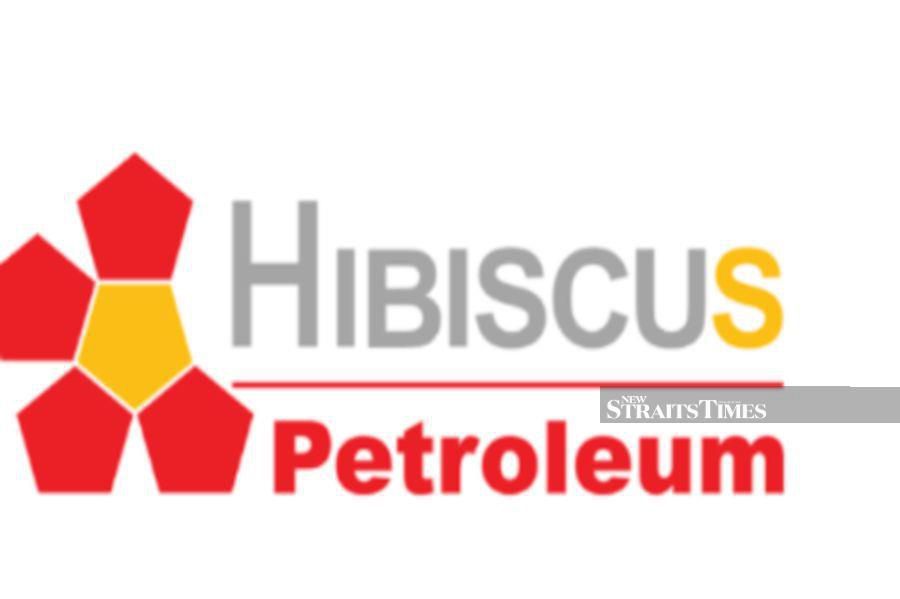Hibiscus to raise RM2bil to buy assets more expensive than Anasuria, North Sabah

By Ayisy Yusof - October 20, 2020 @ 1:14pm
KUALA LUMPUR: Hibiscus Petroleum Bhd is raising RM2 billion from a private placement to buy up to three assets that could cost more than RM2 billion, Hong Leong Investment Bank Bhd (HLIB) said.
This would be more than six times the combined amount of RM320 million Hibiscus had paid for the previous Anasuria and North Sabah acquisitions, HLIB added.
HIbiscus announced that it was issuing up to RM2 billion of convertible redeemable preference shares (CRPS) at RM1 per share via a private placement.
HLIB said the potential acquisitions would be value accretive to the placement shares holders.
"The combined size of the assets to be acquired would be significantly larger than the combined size of Anasuria and North Sabah as the acquisition cost would be at least six times more than the combined price paid for Anasuria and North Sabah.
"Management believes that the asset acquisition would be value accretive to CRPS holders despite its current conversion premium of about 32 per cent to the last closing price," HLIB analyst Low Jin Wu said in a report today.
Low said the current conversion price of 66 sen for the CRPS implied a theoretical market price of 60 sen, about 21 per cent higher than HIbiscus' closing price yesterday..
"This may serve as a near term benchmark pricing for Hibiscus' share price," he added.
Low said hurdle rates of investment might provide upside potential for CRPS holders as Hibiscus had identified the assets it would acquire.
He said Hibiscus's investment hurdle rates denoted that its asset acquisition would have a minimum 12 per cent project internal rate of return (IRR) with a payback period of more than five years.
Based on a conversion price of 66 sen (first tranche), up to 3.03 billion new Hibiscus shares are expected to be issued pursuant to the full conversion of the CRPS.
Low said CRPS holders would be able to recoup their investments at a fixed interest rate of 4.0 per cent per annum, if the proceeds raised were not utilised for asset acquisition.
"We believe that there would be adequate check and balances as common shareholders would not support an asset acquisition which they deem to be value dilutive," he added.
